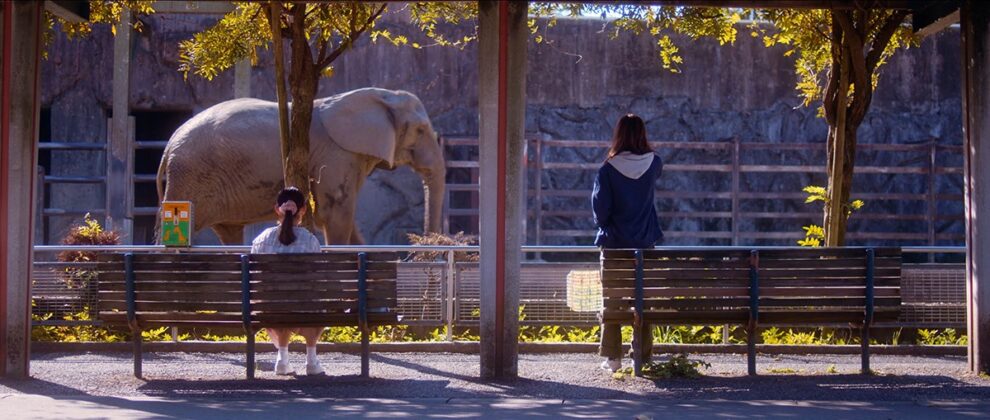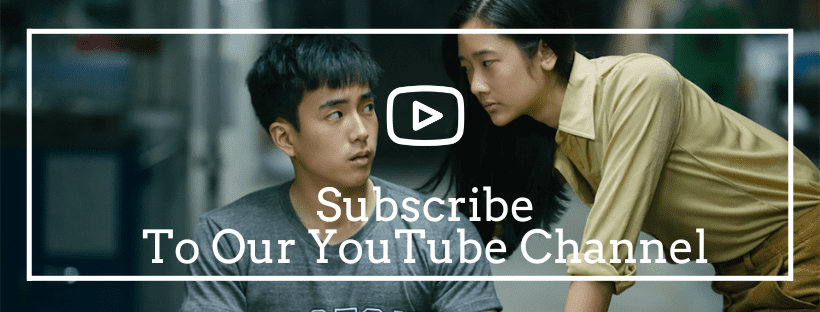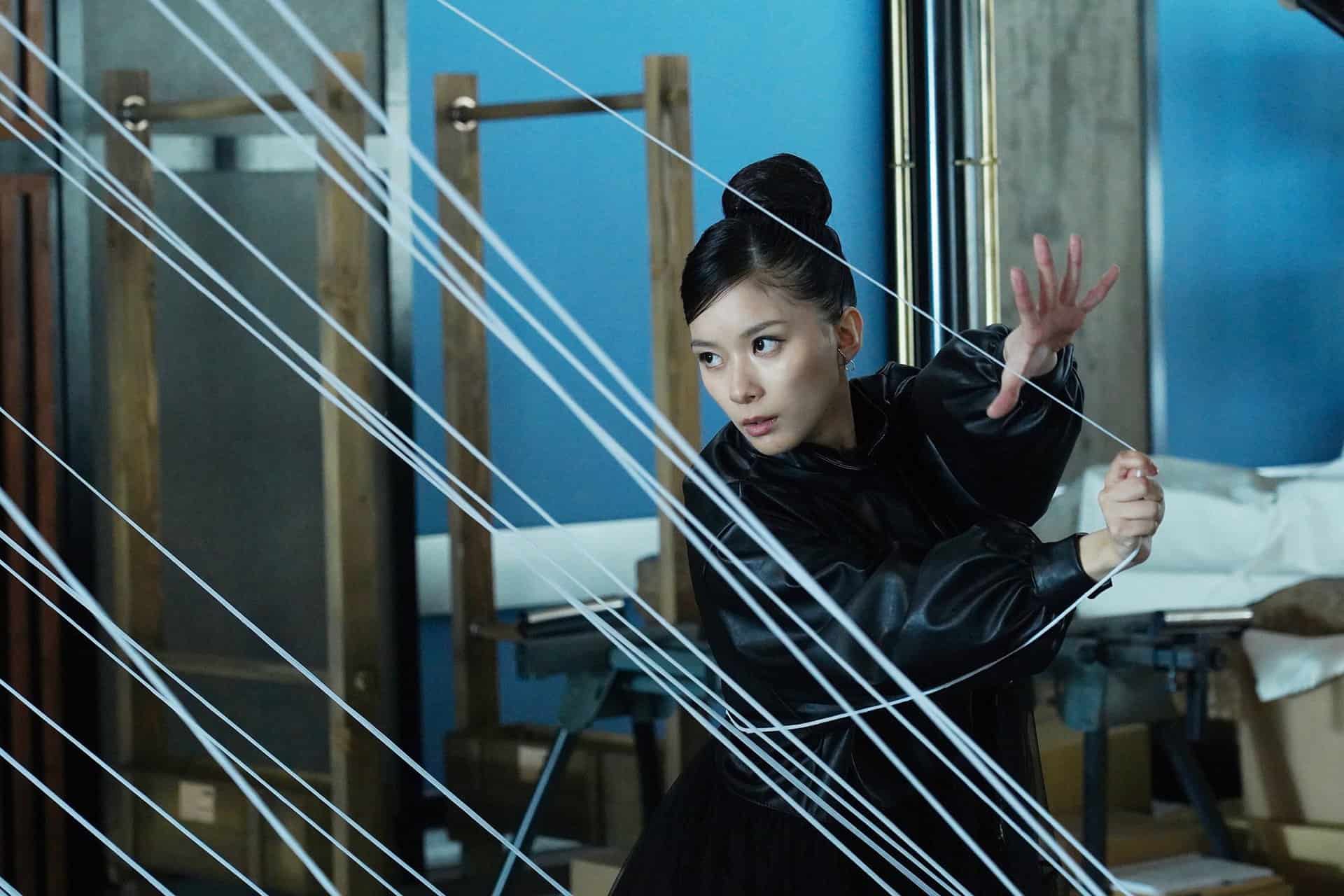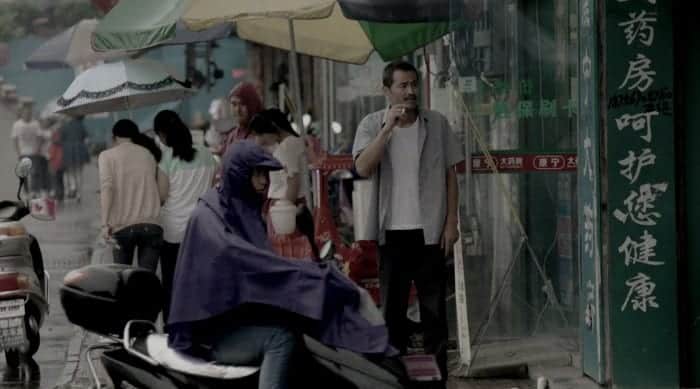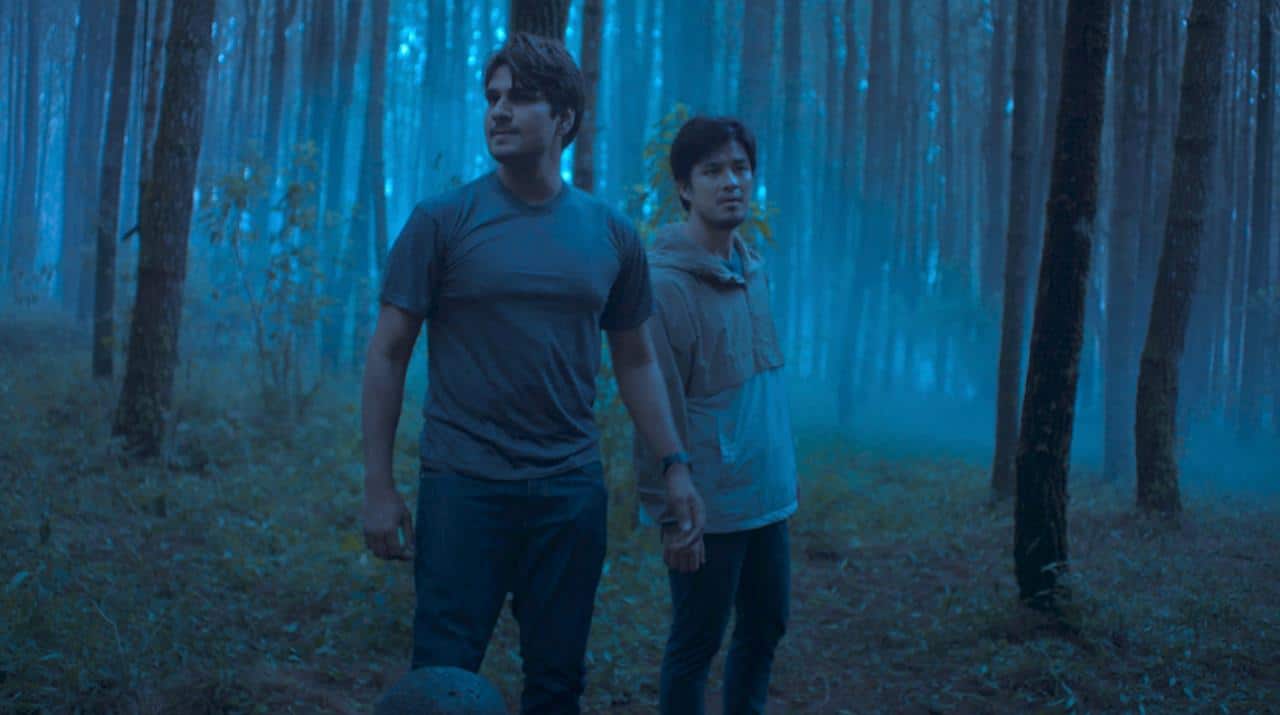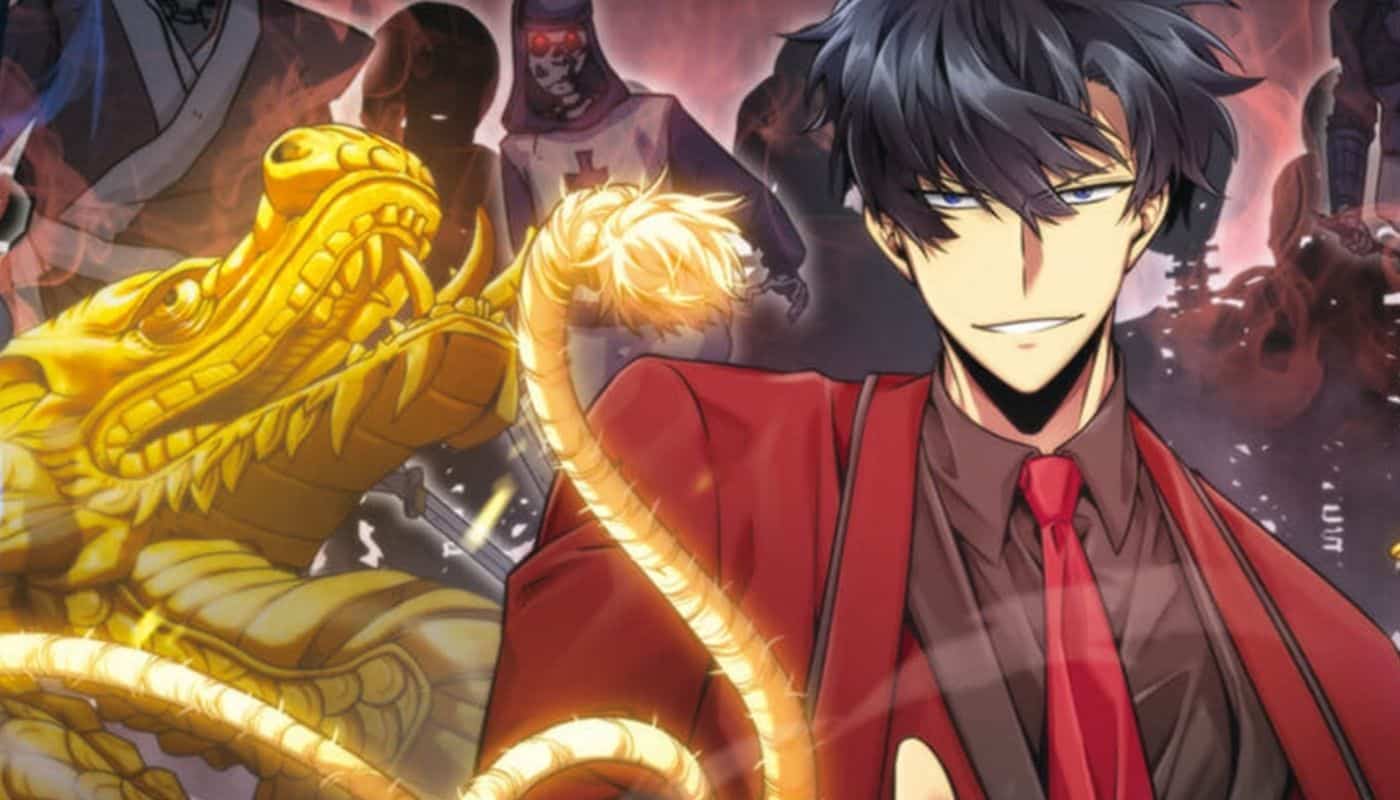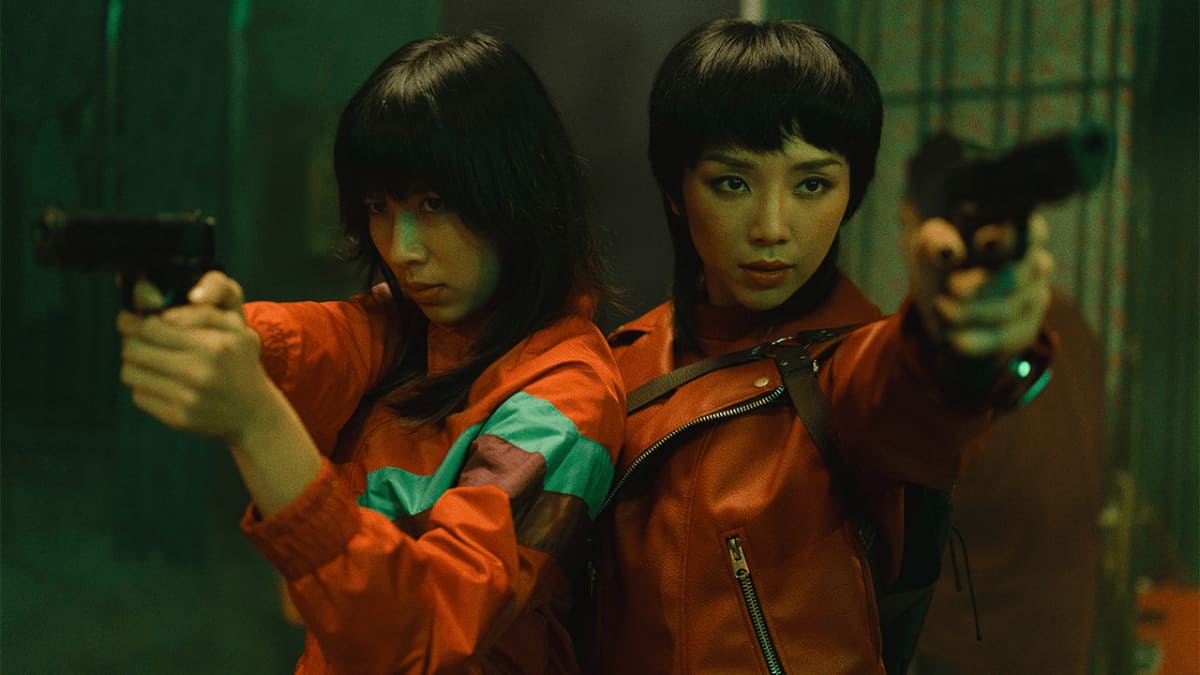Two lonely women, a lost teenager and a drifter, begin a strange friendship against urban Japan. Amidst darkness and death, they roam their quiet, sunny town with veiled nonchalance. Twee and sentimental, Masaru Sano's “Women in the Zoo”, adapted from Dolce's manga of the same name, tackles ambitious themes, but eventually falters with its wide-reaching plot.
Women in the Zoo is screening at Osaka Asian Film Festival

Yamada (Kanon) and Notani (Chika Anzai) meet for the first time at an arcade game booth outside a candy store. Shy Yamada is 19, living alone and beset with unspoken tragedy. She doesn't work or study, and confesses to suffering from anxiety. Notani, an older, self-proclaimed ‘traveler', bursts with unrestrained extroversion. She immediately assumes herself as Yamada's new partner, and roommate. They become inseparable, with Notani lugging Yamada to unintended adventures, some rather grim. Meanwhile, Notani's pessimistic views on dying and death become centered as their friendship progresses into romance. A meet-cute such as this, along with warm colors and relaxing music, sets off an endearing tale of 2 girls finding connection. To some extent, they do, yet at the end of their episodic exploits, we are left with unfounded plot twists, and the film struggles to conjure any true benefit or meaning to their time together.
Overall, “Women in the Zoo” holds interest with its zany pair, but its plot elements do not gel well together, despite their individual potential. Tones shift noticeably across the film, initially beginning as a light drama, with quaint monologues and a title sequence of serene zoo animals cut to bright, cheerful music. This optimism just begins to charm, before it renders itself irrelevant for a cooler tone of pessimism surrounding the characters' plights. The story, which unfolds over 6 months, is also admittedly bursting at the seams for a 30 minute short. Employing a large amount of background music and voice overs, audiences miss out chances for emotional speculation. We are told exactly what to feel. The focus does remain on the undefined relationship between the 2 women, as promised. But this is where more troubles arise.
At the heart of “Women in the Zoo”'s implicit romanticization of codependency is a confused but well-intentioned message on queer identity and/or mental health. In Dolce and Sano's script, a throughline of suicide ideation is present. Without making any spoilers, one can say the film attempts to offer its reality, as an issue prevalent but ignored. In this respect, the story is more than sincere, even if it lacks resolution. When Notani prank-calls a suicide hotline with Yamada's phone, she is told to wait because all lines are busy. “What if we were really suicidal?” she asks. Ironically, Notani's curiosity towards the hotline suggests she is rather drawn to suicide herself.
Inadvertently, Sano's depiction of women in the outer fringes of society—unemployed, homeless, lonely, struggling with mental health, dangerously (and maybe unknowingly) just begins to veer towards problematic. Though not occurring to glaring degrees, it does manifest itself quietly within key moments. If anyone remembers “Badlands”, a mysterious, charismatic, older, more experienced wanderer makes an excellent groomer. These traits are in themselves harmless, until they begin to negatively shape dynamics with other characters. Wistfully recalling nights spent in the wilderness on travels, reminding Yamada of how inexperienced and ‘normal' she is in comparison, Notani becomes a seeming mentor for Yamada, here to bring her out of her shell, help her loosen up.
Henceforth, their escapades become repeated scenarios of Notani asserting, and Yamada complying. When Yamada refuses a kiss, she is told that she is ‘difficult' and ‘stingy'. These moments are performed lightly, as if in jest, but they occur anyway. To be sure, Notani is no scheming villain, but her role as Yamada's life changer, automatically softens, or even justifies a subtly unequal dynamic in their relationship.
The intersection between queer affirmation and mental health in film is more than common. As with all hot topics, one wishes it were more for good, than for bad. Ultimately, it is important to point out that “Women in the Zoo” possesses no harmful intentions, utilizing tropes also easily identifiable in other queer romances such as “Ride or Die”, “Bloomington”, “Call Me By Your Name”. Nonetheless, in the complex web of love, it becomes onerous to decipher what can be straightforward.


